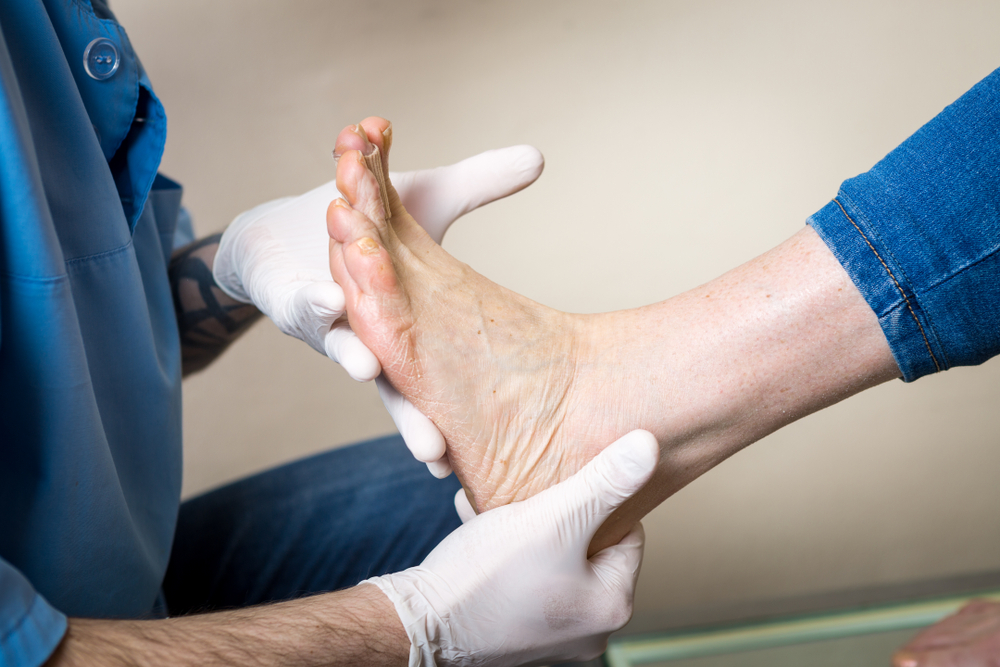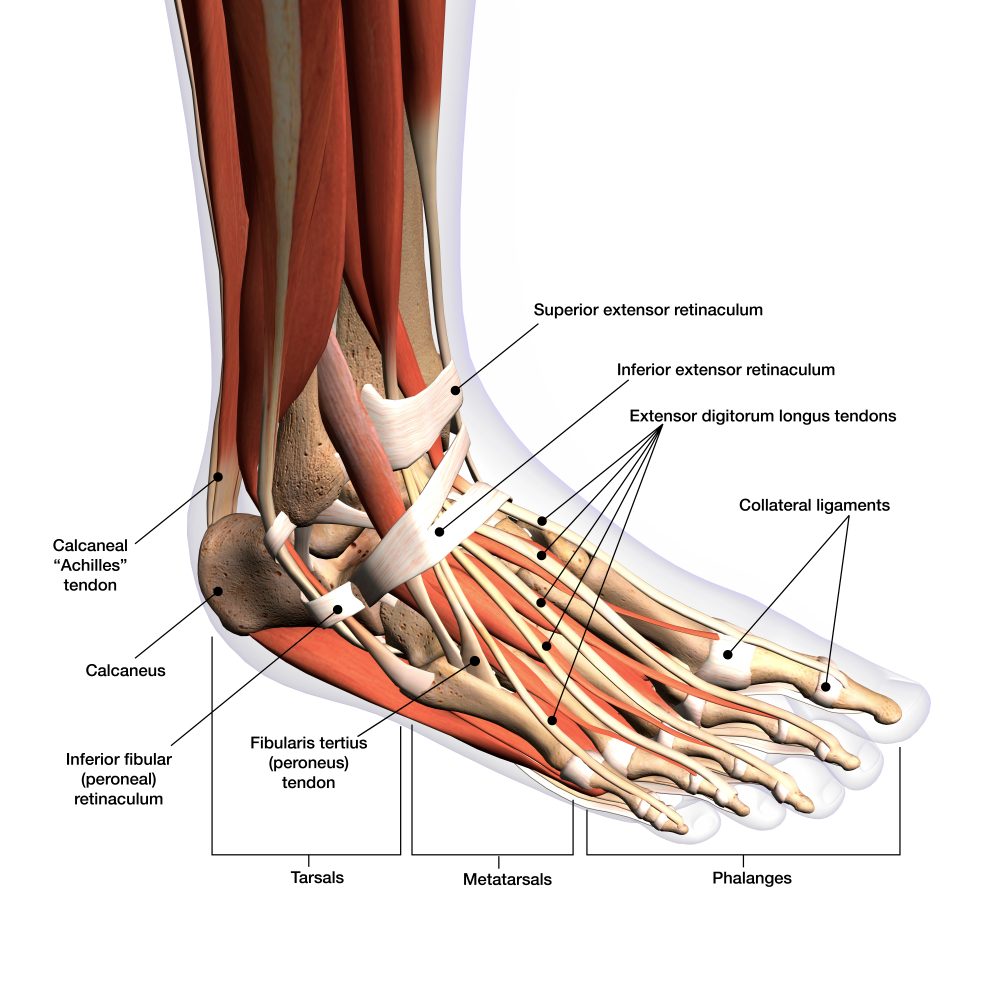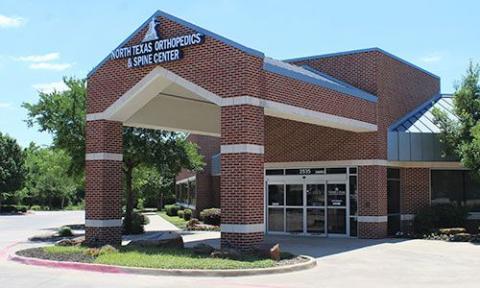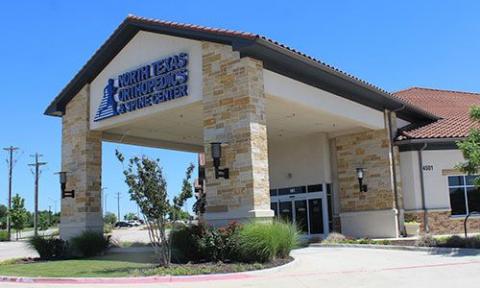“I have not only received compassion, personalized treatment, and proper follow up from the office, but I was able to get an appointment in a timely fashion as well. This office has been so incredibly accommodating and supportive during my recovery, I would highly recommend anyone to establish care with them if needed!”

















